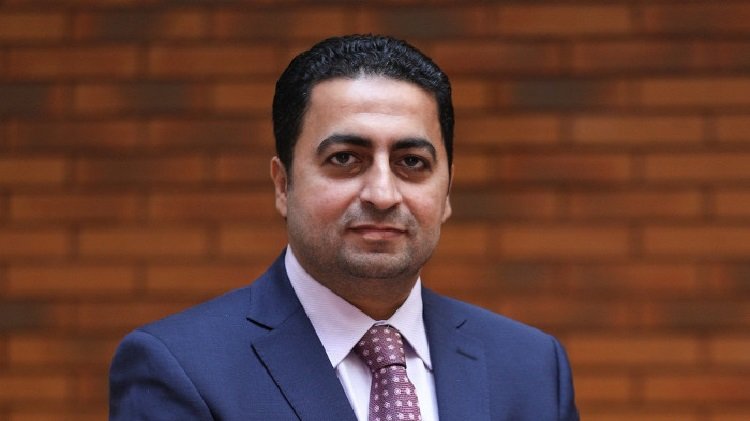Ehab Kanary, vice president of Enterprise, Middle East and Africa at CommScope speaks about the company’s channel focus in the region, adapting to the changing technological landscape and future plans for the channel

Tell us more about Commscope’s channel program in the region
Our enterprise business is 100 percent channel driven. It is a very exciting time, and the Middle East market is witnessing has a lot of new innovations and leading global trends such as AI, smart cities and 5G. Governments in the region are also investing big time into technology. As a result, the channel patterns are also changing, as in, many of the big channel players are now no longer big, and we’re seeing new ones coming. The way we design our channel partnership program is in such a way that they are flexible to adapt to new technologies and trends and have different levels of engagement with the partners and we also ensure that we equip and enable channels with the required training and skills to cater to the customer needs and deliver to them all the technology needed for a smarter, more efficient life.
How are you equipping your channel partners to stay in tune with the latest technological trends?
As part of our program, we have a training and technology transfer element called Commscope Infrastructure Academy which gives extensive and rich technology education to technical teams, sales teams etc, about what’s going on in the market, how to design sophisticated applications, especially with the new trends happening. Not everyone is aware of all the trends, but customers are discerning these days, they expect the best. So we need to create an ecosystem happening from different vendors and so we educate our channel partners and our consultants (especially the major ones) and try to elevate the technology awareness levels.
What is your strategy when it comes to channel partners? Are you acquiring new partners or focusing on existing ones?
I’d say this varies from country to country. In my opinions, there is always a need for change in the channel ecosystem. It doesn’t have to mean adding new channel partners as such, but equipping the existing ones need to adapt to new trends and always upgrade their skills and capabilities. Over the years, we’ve lost a few channels who couldn’t cope with the change, and in turn we got new ones who were more tech savvy and able to progress. So you see, the channel market is very dynamic and changes with changing technology. Our first priority is to help existing channel partners to adapt, and if that doesn’t happen, then we try to get new ones.
What are your future plans for your channel partners?
We’re going to assess the whole channel ecosystem and focus on a few important verticals such as smart home applications, hospitality, education and financial institutions. We will look at the fastest growing verticals have special programs for these, in particular.











